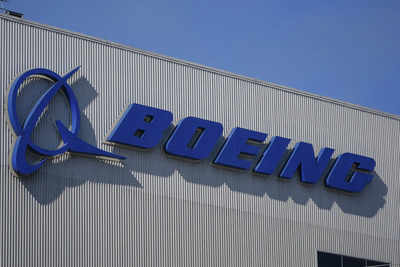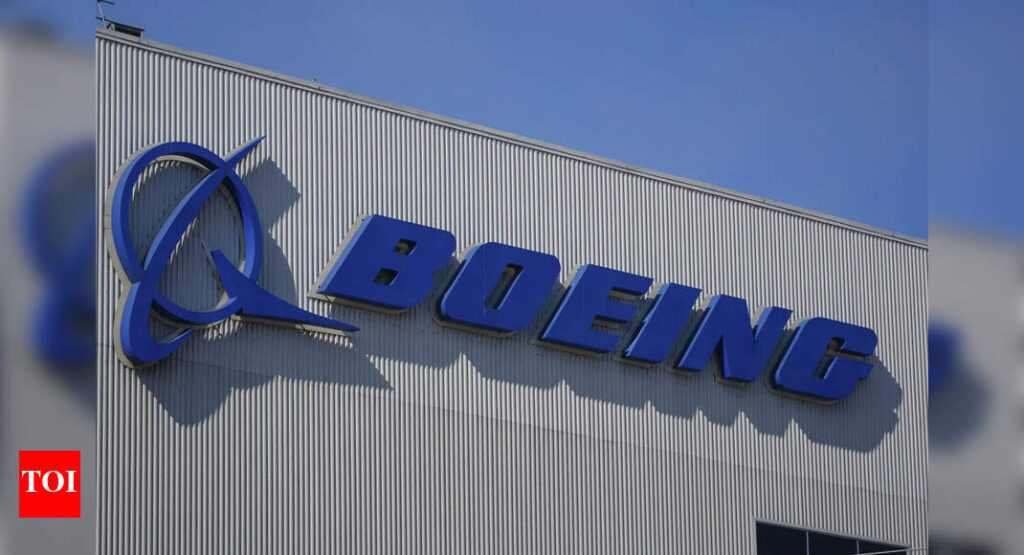
Boeing shares dropped sharply, slumping to 2.8% in premarket trading, after China ordered its airlines to stop taking deliveries of the American aerospace giant’s jets.
This fresh blow pushed the company to $154.86 as trade tensions between Washington and Beijing intensified.
According to a Bloomberg report, Chinese carriers were instructed not to accept any more Boeing aircraft and avoid purchasing aviation equipment from US suppliers.
The announcement came after US President Donald Trump’s decision to slap a massive 145% tariff on Chinese imports. Meanwhile, the Asian giant also retaliated over the weekend with its own tariffs of up to 125% on American goods, including aircraft and parts.
Early European trading saw Boeing’s stock slipping while its European rival Airbus rose 1.1%, Barron’s reported.
The Chinese government is reportedly looking into ways to support airlines that lease Boeing planes, which are now facing significantly higher expenses due to the trade war.
“China’s latest move signals that it’s ready to use its purchasing power in aerospace as leverage,” said an industry analyst quoted in the report. “It’s a major hit to Boeing, especially given their recent struggles.”
The company has faced a series of setbacks in recent years, including production delays, quality control concerns, and the 737 Max disasters. Most recently, a door plug incident in January 2024 renewed scrutiny of its aircraft safety standards.
The ripple effect has reached beyond Boeing, with Ryanair, Europe’s largest budget airline, warning it might delay upcoming Boeing deliveries due to potential cost increases tied to the US tariffs, the Financial Times reported.
Aviation experts say that the tariffs could double the cost of US made planes for Chinese buyers, putting Boeing at a serious disadvantage in one of its most important markets. In 2018, nearly a quarter of Boeing’s aircraft deliveries went to China. The country is projected to account for 20% of global aircraft demand over the next two decades.
As the situation continues to escalate, uncertainty looms for Boeing and other American aerospace firms hoping to maintain a presence in the Chinese market.














